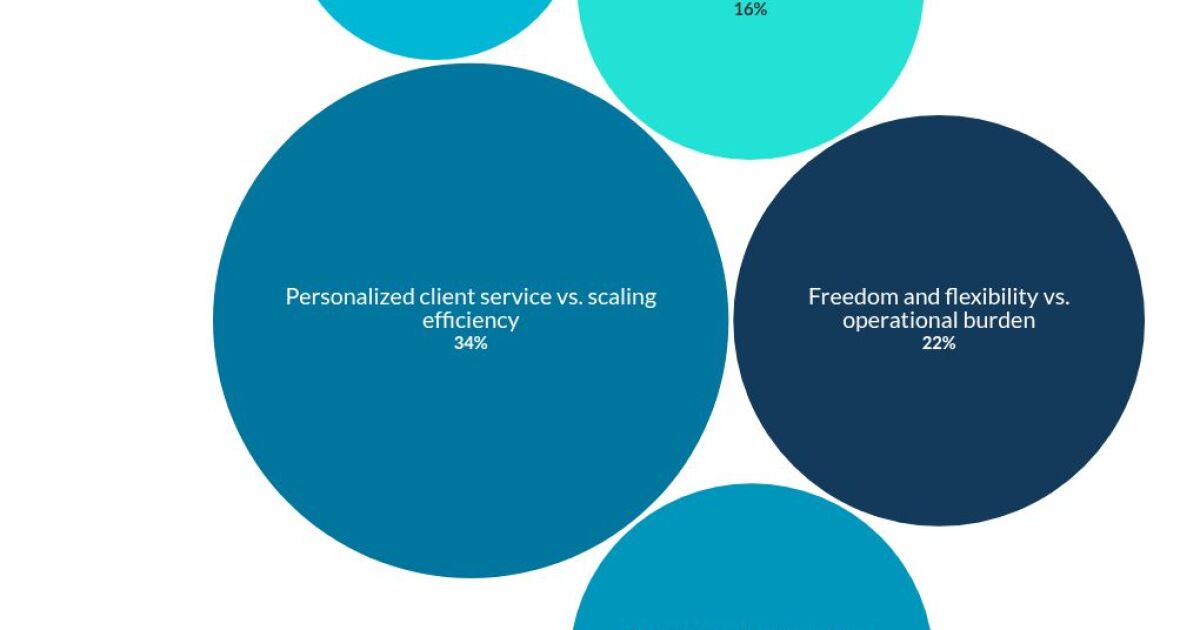Job seekers wait to enter the SacJobs Career job fair in Sacramento, California, US, on Thursday, Nov. 13, 2025.
David Paul Morris | Bloomberg | Getty Images
The first economic data report that went unreleased due to the government shutdown will be released next week, the Bureau of Labor Statistics said Friday.
As the U.S. government reopens for business, Wall Street’s attention now turns toward when critical data on employment, inflation and other economic signposts will be released.
The first such report, on September nonfarm payrolls, will come out Thursday at 8:30 a.m., according to a BLS update posted on its website.
A day later, the BLS will release real earnings, a companion report to the monthly consumer price index that did not come out simultaneously in October because average earnings earnings, which are part of the payrolls report, were not released. Real earnings are the difference between the monthly CPI reading and the average hourly earnings.
In fact, September CPI was the only official data point released during the shutdown due to its role in computing the cost of living adjustment for Social Security benefits.
Economists expect that the “employment situation” report, as it is known, to include just the nonfarm payrolls count and not the unemployment rate.
That’s because the report entails two surveys: a more objective look at “hard data” from businesses that uses timecards and payroll numbers to assess how many jobs have been filled, and another entailing telephone calls and written surveys to households asking how many people are working. The latter survey is used to calculate the jobless rate and would be difficult to replicate.
The Commerce Department, including the Bureau of Economic Analysis, had not posted revised schedules as of Friday morning, but updates are expected soon.
Uncertainty on other releases casts another cloud over what has become an increasingly contentious policymaking atmosphere at the Federal Reserve — not to mention the nervous climate among investors.
“The absence of timely official numbers left the markets and the Fed operating in a data fog, forced to scour alternate sources to gauge the underlying outlook,” Bank of America economist Shruti Mishra said in a note. “With the shutdown resolved, all eyes will now be on the incoming data dump.”
The shutdown not only halted data collection and releases, but it also complicated the picture once the data does start coming out.
For instance, the October CPI report may never be compiled, owing also to the method used to gather data. The Bureau of Labor Statistics uses in-person visits, so the data can’t be collected retroactively. White House press secretary Karoline Leavitt warned Wednesday about missing data, but Mishra said she wasn’t expecting the CPI report even before that.
A statement on the BLS site asks for patience during the data collection process as “it may take time to fully assess the situation and finalize revised release dates.” Similarly, the BEA, which releases several key data points including the Fed’s inflation gauge, said it is working with the BLS and other agencies on data collection and “will publish updated release dates as soon as they are available.”
Political pressure
In the meantime, some Democratic lawmakers already are getting impatient and demanding answers from the administration about when the data will be released.
Sens. Elizabeth Warren of Massachusetts, Bernie Sanders of Vermont, Maria Cantwell of Washington and Gary Peters of Michigan insisted that “government shutdowns do not inherently inhibit the federal government from collecting or releasing economic data,” according to a letter obtained by CNBC.com
Citing precedent from the October 2013 shutdown, in which the BLS later published release dates, the administration “may be intentionally restricting the release of data.”
“The Trump Administration’s failure to release data or provide a clear schedule for the release of delayed data leaves businesses and policymakers without access to critical economic information,” the letter states. “It is critical that businesses, consumers, workers, Congress, and the Fed have access to timely and comprehensive economic data. The Administration must release as much economic data as possible before the Fed’s meeting and resume normally scheduled data releases as soon as possible.”
White House officials did not respond to a request for comment.
Waiting for the Fed
Since Leavitt’s statement Wednesday, several officials did say data would be forthcoming but there are still questions on which reports will come out when. Labor Secretary Lori Chavez-DeRemer said data on payrolls and prices will have to be assessed for accuracy before it can be released.
“I’m not sure when BLS, if and when they will be able to release that, but I’m expecting they will tell us a schedule very quickly about when those numbers could come out,” Chavez-DeRemer said Friday on Fox Business. Chavez added that the White House has been “urging for accurate data to come out for November.”
Citigroup economist Andrew Hollenhorst said in a Friday note that he is optimistic the Fed will have the September, October and November jobs reports by the time it holds its next policy meeting on Dec. 9-10. Fed officials in September indicated that a December cut would be likely, but several key officials have said recently that they are suspect of the need for additional easing.
Outside of the payrolls and CPI report, the BLS also computes data on import and export prices, job openings, producer prices, productivity and other metrics. The Labor Department itself releases the weekly jobless claims numbers.
Beyond the BLS and Labor Department issues, the Commerce Department also handles several key data points.
Among them are personal income and spending, which includes the Fed’s main inflation forecasting measure, the personal consumption expenditures price index, and gross domestic product. Data for October PCE is scheduled to be released Nov. 26. The Census Bureau handles retail sales, trade balance and durable good releases. Department officials did not respond to a request for comment.


























